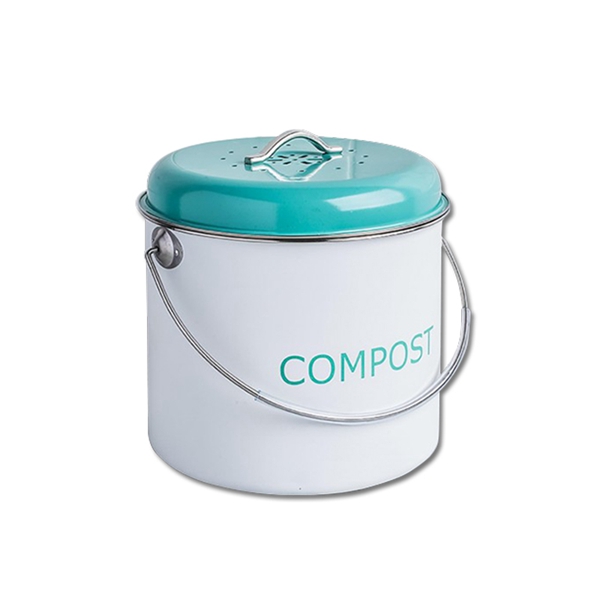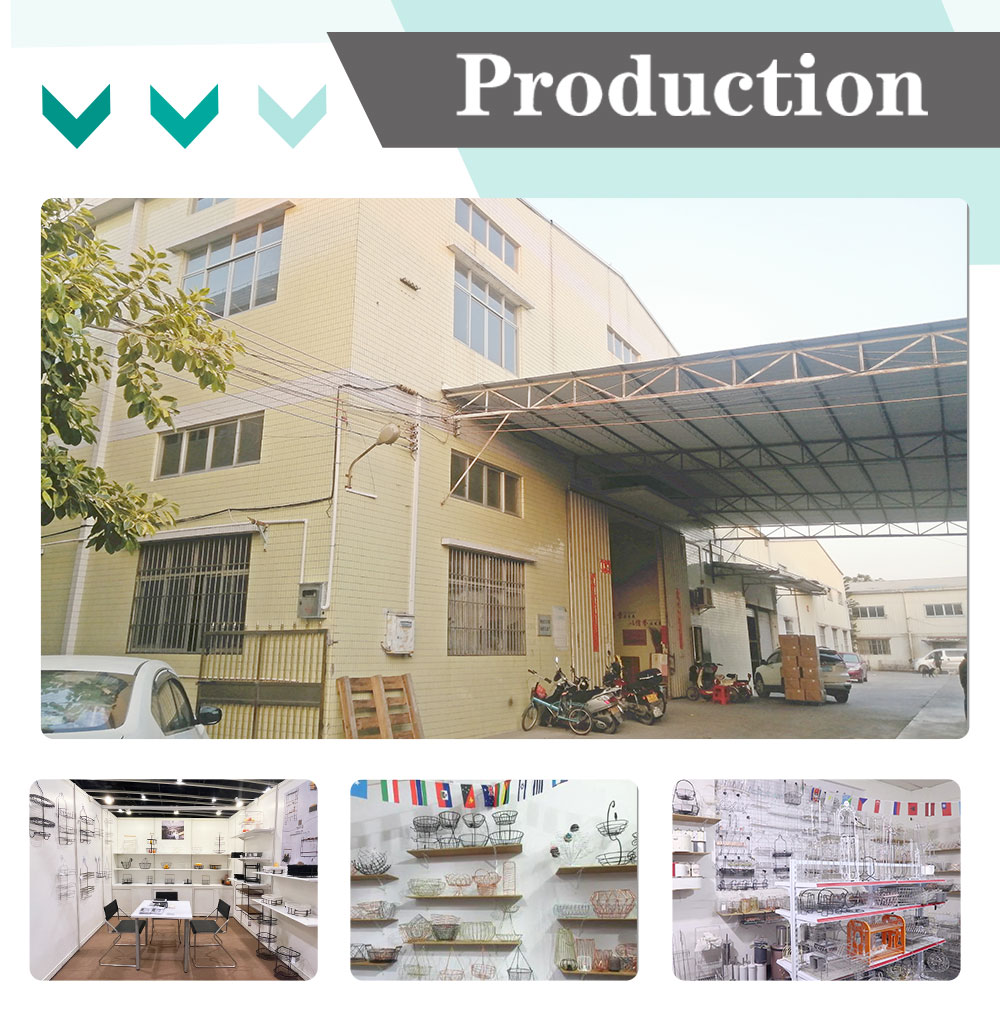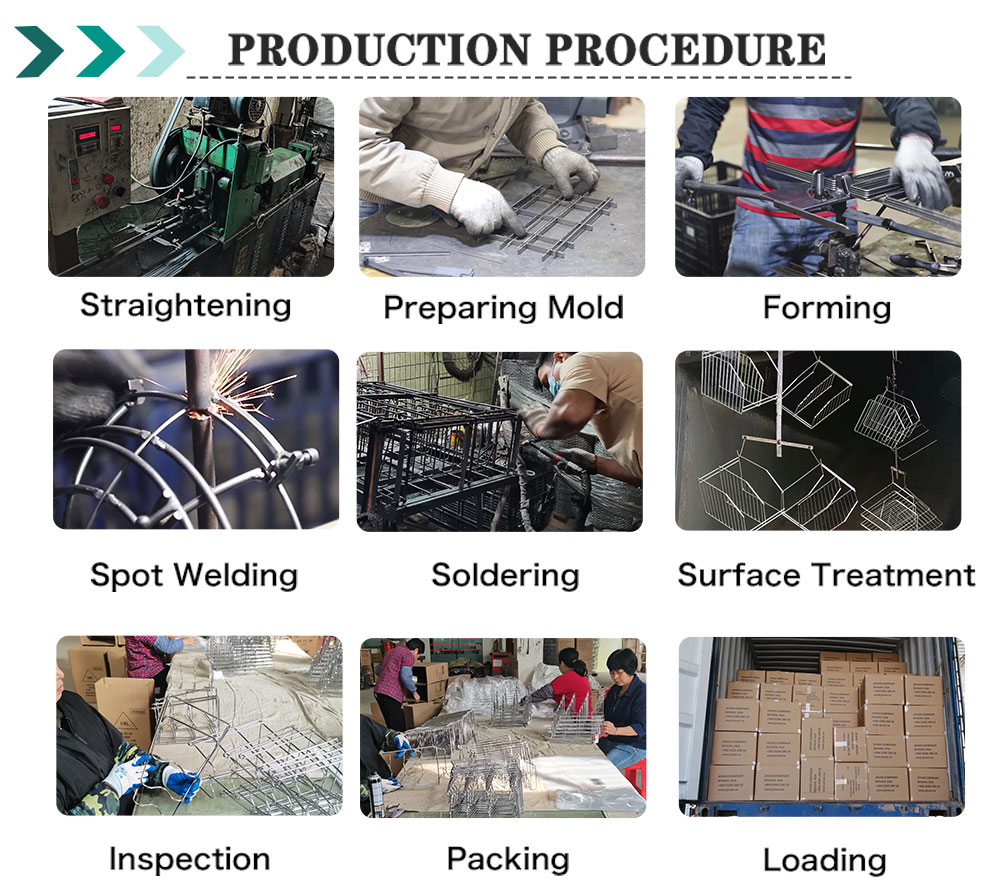

To decrease waste, eco-minded families should consider buying the Countertop Compost Bin for Kitchen. Constructed in a way that combines style with usefulness, this compost bin is made of high quality stainless steel which makes it strong and odor resistant. It’s small size fits perfectly on any kitchen counter providing an easy place to gather food scraps, coffee grounds and other materials that can be put in a compost heap. The container also has a secure lid having ventilation holes and replaceable charcoal filter which help control odors while promoting air circulation. This compost bin is simple to clean or maintain making it an elegant approach to sustainable living since it encourages daily composting activities.

● Featuring vintage turquoise blue lid and accents, the YesYing Compost Bin is a perfect stylish and tidy way to collect kitchen scraps. This attractive bin is ideal for keeping on the kitchen counter. When it is time to empty, the sturdy handle makes it easy and convenient to carry and empty the container into your compost or green bin.
● Customization color such as blue,green,white,metal color for you choose.
● Powder coated create a elegant look for your kitchen.
● Galvanized Steel material acceptable which keep it in rust proof round compost bin.

Item No.:YY-PB1025
Size:29×20.5cm
Metal: Galvanized Steel
Finished:Powder Coated, Customization
Color:blue, Turquoise, Cream, Customization
Sample: Available

Utilize compost as a kind of organic fertilizer for lawns, trees and shrubs.
This, on the other hand, means that you can reduce chemical fertilizers therefore it becomes eco-friendly landscape management.
Adding compost to garden beds will also increase vegetable production and fruit yields.
This releases nutrients slowly into the soil that helps improve plant growth as well as yield.
Create compost as well as other components of potting soils with high nutrients for use with container plants
In this manner, they are perfect for indoor plants, balconies or even urban gardening setups.

Typically, it takes between 2 to 6 months for kitchen waste to fully decompose into usable compost, depending on factors like temperature, moisture, aeration, and the balance of green and brown materials.
Bad odors typically indicate a problem with your compost. Common solutions include:
Turn the compost to aerate it and reduce anaerobic conditions.
Add brown materials like dry leaves, paper, or cardboard to balance excess nitrogen-rich green materials.
Check moisture levels; compost should be moist but not soggy.
To avoid pests:
Ensure your bin is well-sealed.
Avoid composting meat, dairy, and oily foods.
Cover fresh kitchen scraps with a layer of brown materials each time you add them.
Aim for a carbon-to-nitrogen (C) ratio of about 30:1. Greens (nitrogen-rich) include kitchen scraps and fresh grass clippings, while browns (carbon-rich) include dry leaves, straw, and cardboard. A good rule of thumb is to add one part greens to three parts browns.
Compost should be as moist as a wrung-out sponge. If it's too dry, add water and more green materials. If it's too wet, add browns like dry leaves or cardboard and turn the compost to aerate it.
Odors: Turn the compost and add more browns.
Pests: Avoid meat and dairy, keep the bin sealed, and cover fresh waste with browns.
Slow decomposition: Ensure a proper balance of greens and browns, maintain moisture, and turn the compost regularly.
Too wet or dry: Adjust moisture levels by adding browns or water as needed



